This year’s rookie class in the NBA spent much of 2020 in limbo, working out after the college basketball season was cut short due to the COVID-19 pandemic for a draft date that, for much of the year, was a moving target. From March to November, the prospective 2020 Draft class was working individually and waiting to find out where they would be playing organized basketball next.
Following the longest draft process the league has ever seen came the shortest transition period, as rookies were selected, hurried to their new home city, and began training camp within mere weeks, with no preseason and a season that tipped off barely a month after they heard their names called virtually by Adam Silver and Mark Tatum.
This required the rookies to be flexible and adaptive, both in plying their craft on their own for months and then to finding ways to fit in with their new teams and learn a new system and new teammates in just a month before the season started.
“Yeah, so you know right after draft night it was like all about getting to the city and hitting the ground running because it’s such a short turnaround,” Sixers rookie Isaiah Joe told Dime last month. “But it’s been a rollercoaster that’s like, it’s teaching me how to be able to adapt to different situations, so now I have to adapt to the long draft process, I have to adapt to coming into the season real early.”
It was a rapid adjustment period and one the NBA had to work through as well in order to provide those rookies with the same information and guidance other classes get from the Rookie Transition Program.
For Jamila Wideman, the NBA’s VP of Player Development, there was never a question of whether they would host the transition program, but what it would look like and how the league would try to meet the demands of this year.
“In some ways, this year, the circumstances almost amplified the importance of having the Rookie Transition Program as much as any other year because of the particular kinds of challenges that, just the circumstances of the world, have sort of additionally imposed as challenges that rookies are facing as they make this transition into their professional lives,” Wideman said. “I think we, and together with the Players Association, realized that although it was a challenge it was also an incredible opportunity. So, we really just thought about what the most impactful way was gonna be to reach the rookies and we landed on having a virtual platform to connect with them.”
It started with virtual sessions over Zoom, where the rookies would discuss various topics like finances and investing, sleep and nutrition, mental health, social justice, professional development, and more, hosted by a variety of speakers, including a number of current and former players. Among those that spoke with the rookies were Karl-Anthony Towns, Dwyane Wade, Danilo Gallinari, Pat Connaughton, and Tobias Harris, sharing their experiences and perspective on how to build a successful on-court career, but more importantly how to navigate life as an NBA player off of it.
Harris sees it as his responsibility as a veteran in the league to impart knowledge to the next generation that he’s gained both through experience and that passed down from vets he learned from as a young player. On the RTP call, his focus was less on the work they’ll do on the court, as they’ll get ample guidance from their coaches and teammates on what they should be doing there, and more on how to take care of their newfound financial well-being.
“Just doing your homework and your research, because you’re coming into a brand new space,” Harris said. “It’s the first time for a lot of guys, probably for all of the guys, to get this type of money. So my biggest message is, just do your research on everything you’re looking into, getting into, because you technically hit the lottery. And you want to be one to, years from now, look back and say you did the right thing with the type of compensation and the funds you’re getting to be in the league. So, just in terms of investments and things like that, to know what you’re getting into before you make a quick decision, because a lot of people are going to come at you any type of way and you’ve got to be able to know who to trust. And trust is going to come from you being smart enough to do your homework on the backend. So that’s my message to all the rookies, especially on the RTP call, is to really [emphasize] you gotta do your homework. With everything you’re getting there’s a responsibility.”
Along with the importance of taking care of your finances and being knowledgable about what’s happening with your money, something that stood out to Wideman on the call was the discussion of how to embrace your platform as an NBA player to impact change on the community — something we saw happen around the league in 2020 as players became leading voices in the fight for racial justice.
“What was interesting about the guys that came in this year, is each of them had a way of engaging in their communities in a really different way,” Wideman said. “So, I think one of the themes that came out of the conversation was to encourage the younger players to be really intentional and thoughtful about what they’re authentically passionate about in terms of how they want to invest in their communities. And I think also encouraging guys to be open and to embrace all the different way that that can look. And for some guys that might be advocacy around voting, for some guys that might mean investing in a business to build affordable housing, for other guys that might mean being really, really connected to the high school that they went to and making sure that kids there have access to the educational resources they might need. But, you know, the list is as long as the guys who attended. So, I think that would be the one theme I would pull out was just encouraging guys to grow into themselves and be open to all kinds of ways in which they might think about turning back to invest [in their communities].”
Understanding that each of the rookies is their own person who is in a unique place is something that the league has tried to keep in mind with the program, knowing that they need to bring in a variety of voices who have been in different positions in the league. For the top picks, Wade and Towns can speak to the unique pressures that come with that status, while first round picks outside the lottery can relate more to Harris’ journey from being the 19th pick and entering the league as a role player to becoming a starter and star in the league. For second round picks like Isaiah Joe, Connaughton was a guy that has carved out a key rotation role on a top contender from being the 41st overall pick and can speak to the work required to make that happen.
This year, the league will provide continued calls and opportunities for rookies to gather advice and have conversations and continued education, because as Wideman noted, you don’t make the transition to being an NBA player in just a day or two, it’s a constant journey and the league wants to be cognizant of that — particularly this year when everyone is learning how to navigate a new normal.
Joe is just trying to be a sponge, learning from teammates like Harris and a veteran coach in Doc Rivers, embracing the culture they’re trying to build in Philadelphia. The biggest lesson to this point has been how to make sure he’s doing the necessary work to be a professional outside of the team structure, noting that the free time afforded as a professional is a significant departure from his time at Arkansas.
“I think one of the biggest things is being able to be productive during your time,” Joe said. “Coming from school where we’re booked with classes and practices and study halls and things like that, now it’s just basketball for the most part. And so, during my off time, what am I doing? Am I being productive working on my body? Am I looking into my finances making sure everything is all right? Just things like that, finding extra time to get into the gym. It’s definitely, I think, watching some of the older guys and learning from them, learning their schedule. It’s very helpful.”
Harris, now a decade into his career, can still see himself in the rookies coming in, remembering what it’s like to be a fresh-faced kid trying to make it as an NBA player. His rookie season was a lockout year, so he can even relate some to the mad dash to start the season these rookies have had to go through. He also hasn’t forgotten all of the help he received as his journey began, and believes it’s his responsibility to show the young players the ropes on and off the court to provide them with the guidance he received.
“I had great vets. I came in, Drew Gooden was a great vet for myself. Ben Gordon when I got to Orlando, Jameer Nelson, I always learned from the guys that were before me and have been in the league for a longer period of time,” Harris said. “When I first came in in Milwaukee, I had some great vets there, Joel Pryzbilla, guys that just wanted to make sure I was good in whichever way. Just checking in on me, cause I’m coming in a young player, like 19 years old, rookie, they looked at me as a little brother, and I take that same responsibility with a lot of the young cats and rooks we have on the team now. Cause it’s a great opportunity, but you have to really be grounded and really know what you want and you have to have good people of influence around you to get there.”
This year’s rookie class had a journey like no other, and as a group their performance this season has been impressive given the challenges faced by an interminable draft prep period followed by a whirlwind month between the draft and the season. Each one has a unique path they’ll take, but the league and veterans like Harris will try to ensure they have the guidance to make the most of the opportunity in front of them.

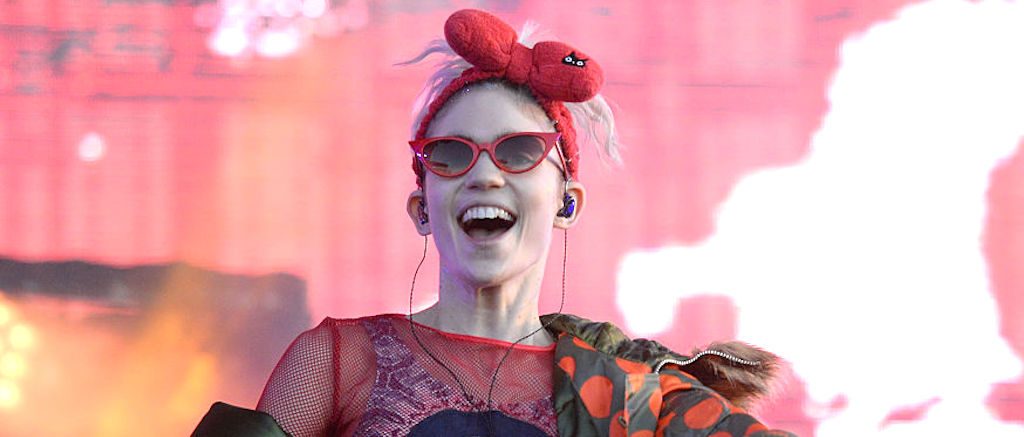
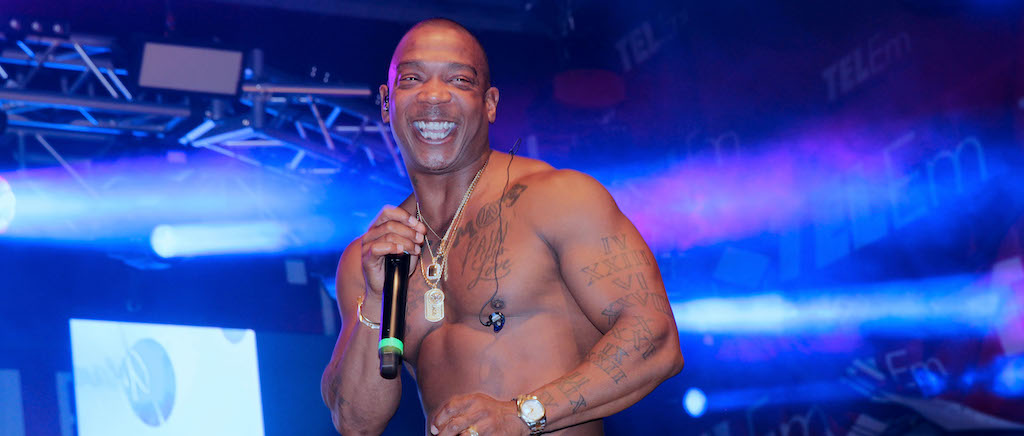
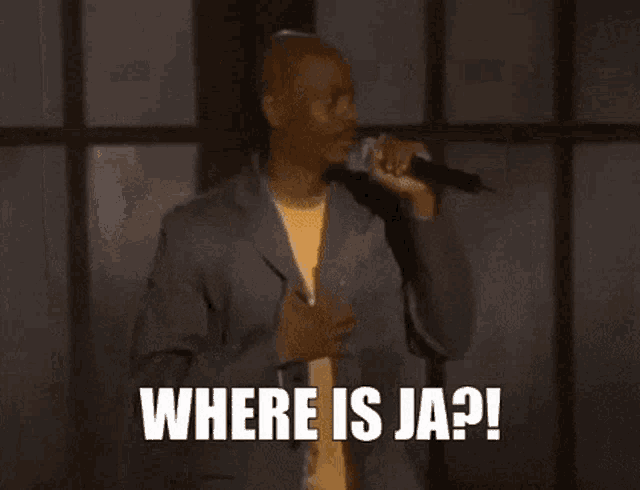

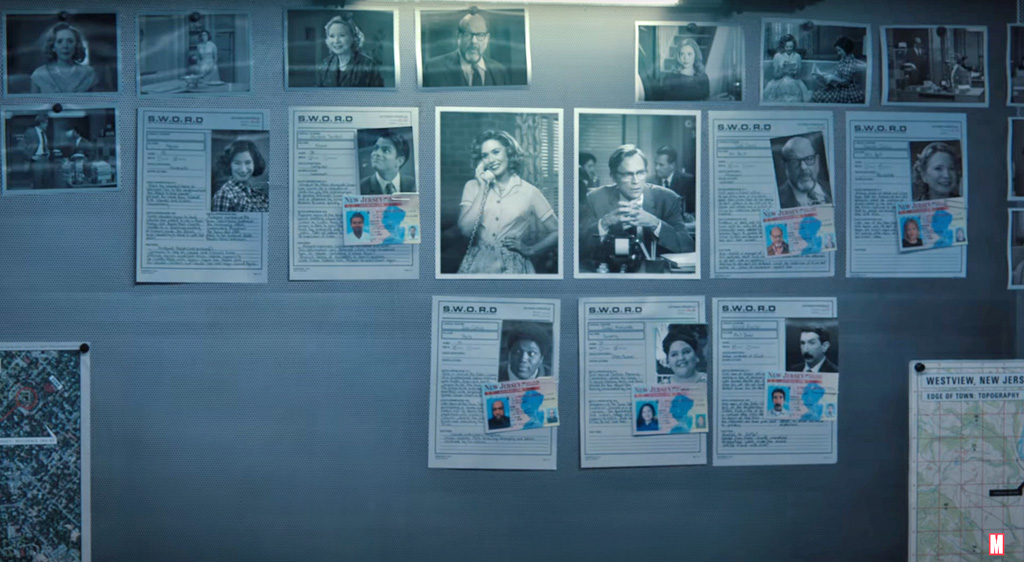

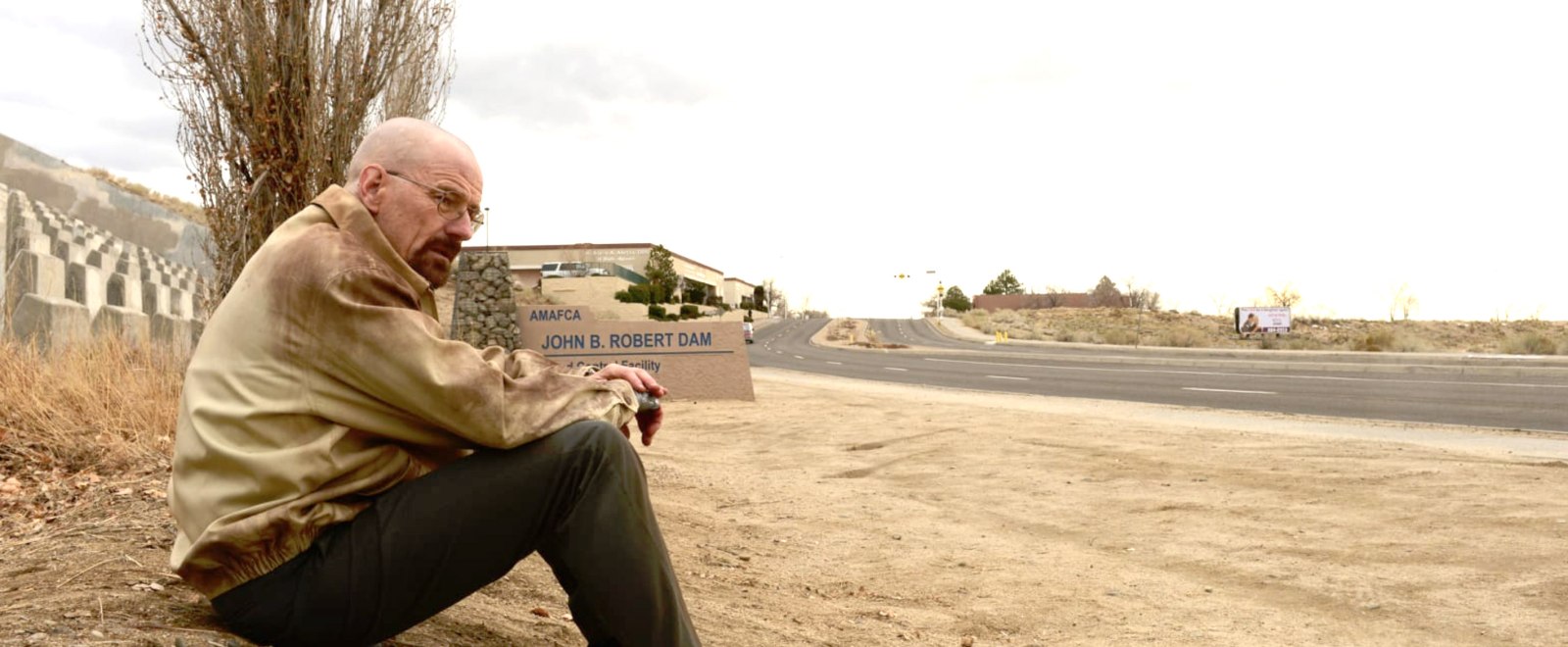
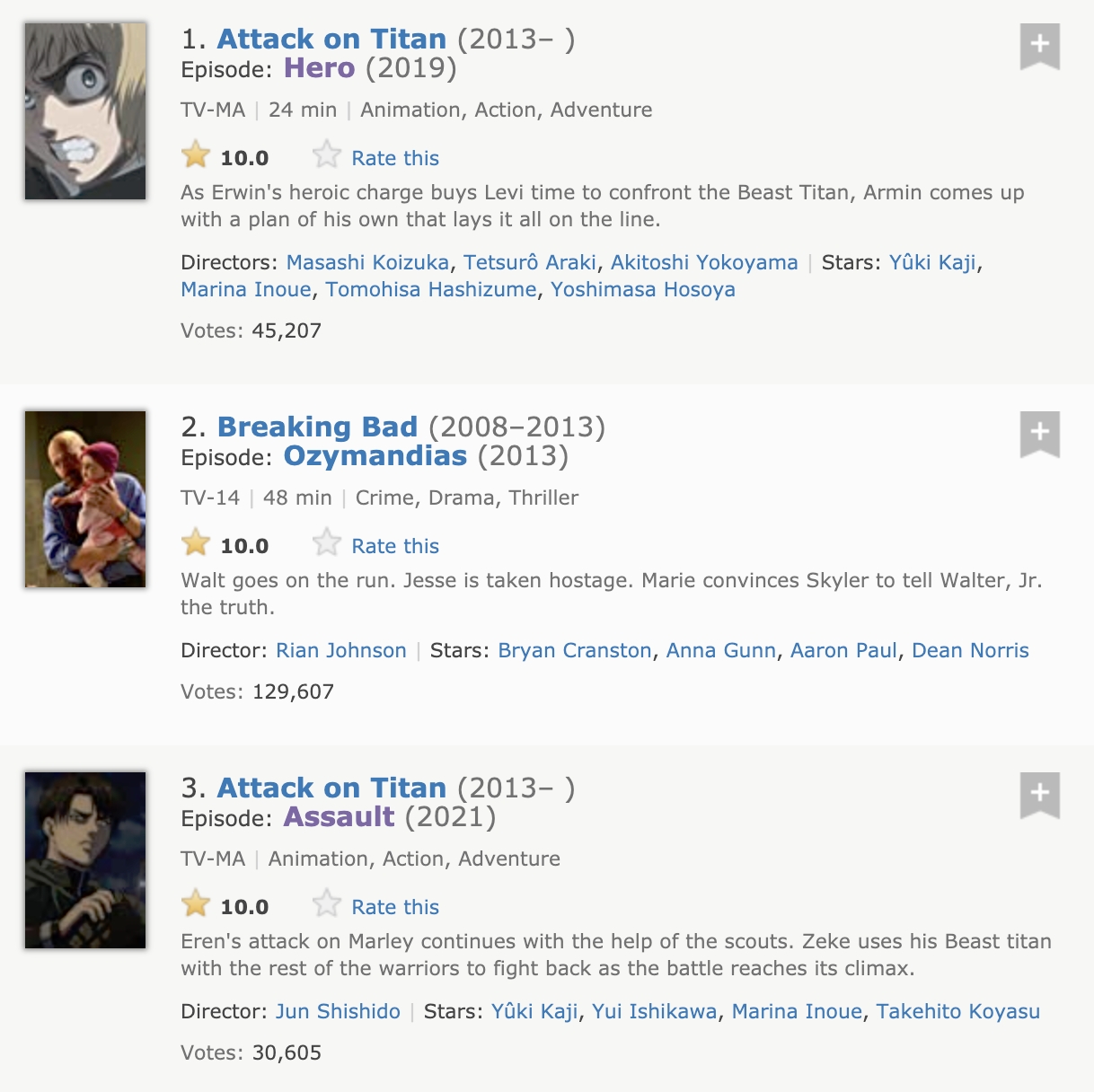
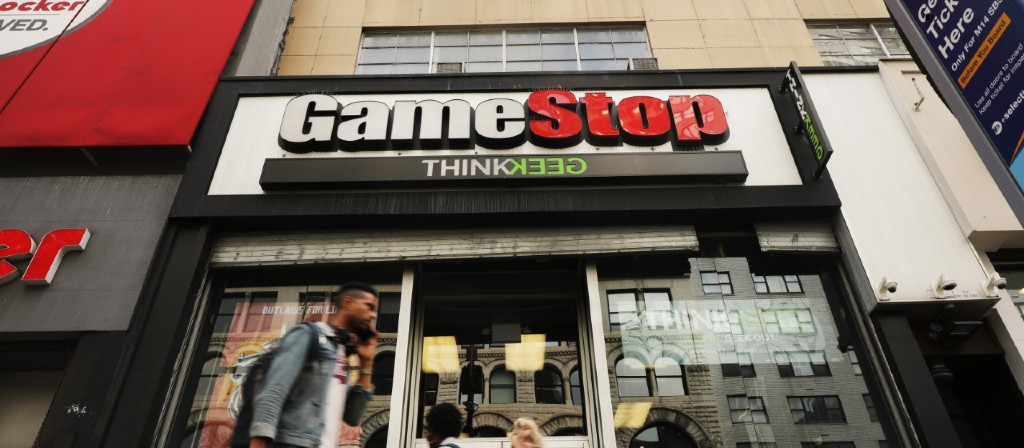
 (@APompliano)
(@APompliano) 
